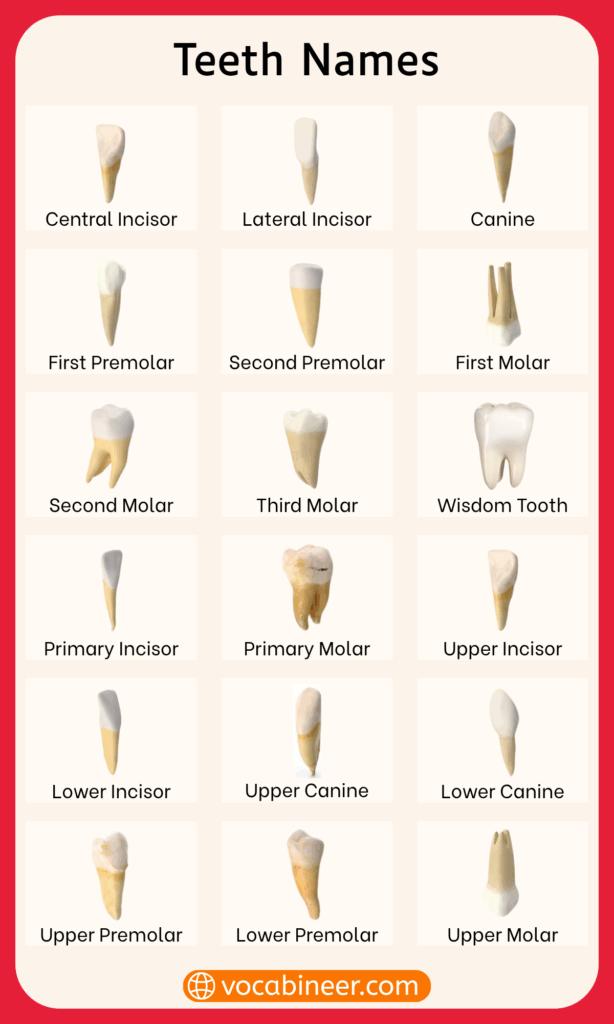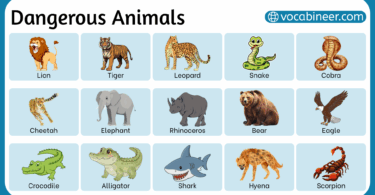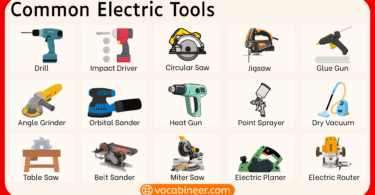Each type of human tooth has a shape and function that helps us chew, tear, or grind food. These teeth are known by specific names and are found in different parts of the mouth. Learning teeth names and their types with pictures makes it easier to understand what happens when we bite or talk about dental care.
In This Page
Types of Human Teeth and Their Names
Each human tooth has a unique shape and role. Some teeth cut food, while others crush or grind it. Let’s go over the names and roles of different types of human teeth.
Incisors
Incisors are the front teeth with sharp edges. They cut food into smaller pieces.
Canines
Canines are pointed teeth beside the incisors. They help tear tougher food.
Premolars
Premolars sit between canines and molars. They crush and tear food with their flat surfaces.
Molars
Molars are broad and flat. They grind food to prepare it for swallowing.
Wisdom Teeth
Wisdom teeth are the last molars. They may not always erupt and often need removal.

Tooth Parts and Structural Names
Every tooth has several parts, each with a job. The outer layer protects it, and the inner parts support its function.
Crown
Crown is the top visible part of the tooth used in biting and chewing.
Enamel
Enamel covers the crown. It’s the hardest tissue and protects teeth from decay.
Root
Root holds the tooth in place and anchors it to the jawbone.
Dentin
Dentin lies beneath enamel. It’s softer and carries signals to the tooth’s core.
Pulp
Pulp is the innermost part with nerves and blood vessels. It helps keep the tooth alive.
Maxillary and Mandibular Teeth
Teeth are divided into two main arches. The upper and lower sets have specific names and arrangements.
Upper Teeth
Upper teeth belong to the maxillary arch. They fit over the lower teeth when you close your mouth.
Lower Teeth
Lower teeth are in the mandibular arch. They support chewing and alignment.
Teeth Named by Mouth Position
Teeth are often grouped by where they are located. Some sit at the front, while others are at the back.
Front Teeth
Front teeth include incisors and canines. They’re used first when biting into food.
Back Teeth
Back teeth are the molars and premolars. They do most of the chewing.
Primary vs Permanent Teeth
Humans grow two sets of teeth in their lifetime. One appears in childhood and the other stays for life.
Baby Teeth
Baby teeth are also called primary teeth. Children have 20 of them before they fall out.
Adult Teeth
Adult teeth are permanent and replace baby teeth. Most adults have 32 teeth.
Functional Tooth Types
Each type of tooth plays a role in food breakdown. Some are for cutting, others for grinding.
Biting Teeth
Biting teeth like incisors help start eating by cutting into food.
Tearing Teeth
Tearing teeth such as canines rip food apart for easier chewing.
Grinding Teeth
Grinding teeth include molars and premolars. They break food into tiny bits.
Dental Numbering and Classification Systems
Dentists use systems to identify and talk about teeth. These systems make it easy to refer to specific teeth.
Universal Numbering System
Universal numbering system numbers adult teeth from 1 to 32 and baby teeth from A to T.
Palmer Tooth Notation
Palmer notation uses symbols and numbers to show tooth position and type in each quadrant.
FDI Tooth Code
FDI code uses two digits per tooth. The first digit shows the quadrant, and the second the tooth.
FAQs about Human Teeth Names
Adults have incisors, canines, premolars, and molars, including third molars called wisdom teeth.
Children have 20 baby teeth made up of incisors, canines, and molars—there are no premolars in baby teeth.
Incisors are used for biting and cutting, while molars and premolars are used for chewing and grinding.
Wisdom teeth often cause crowding or pain. Many people get them removed without issues.
Premolars are transitional teeth between canines and molars. Molars are larger and handle most of the grinding.
Read More



